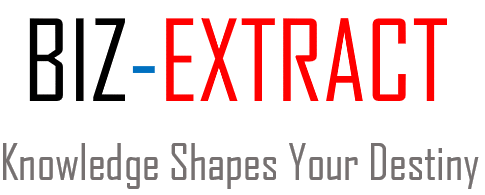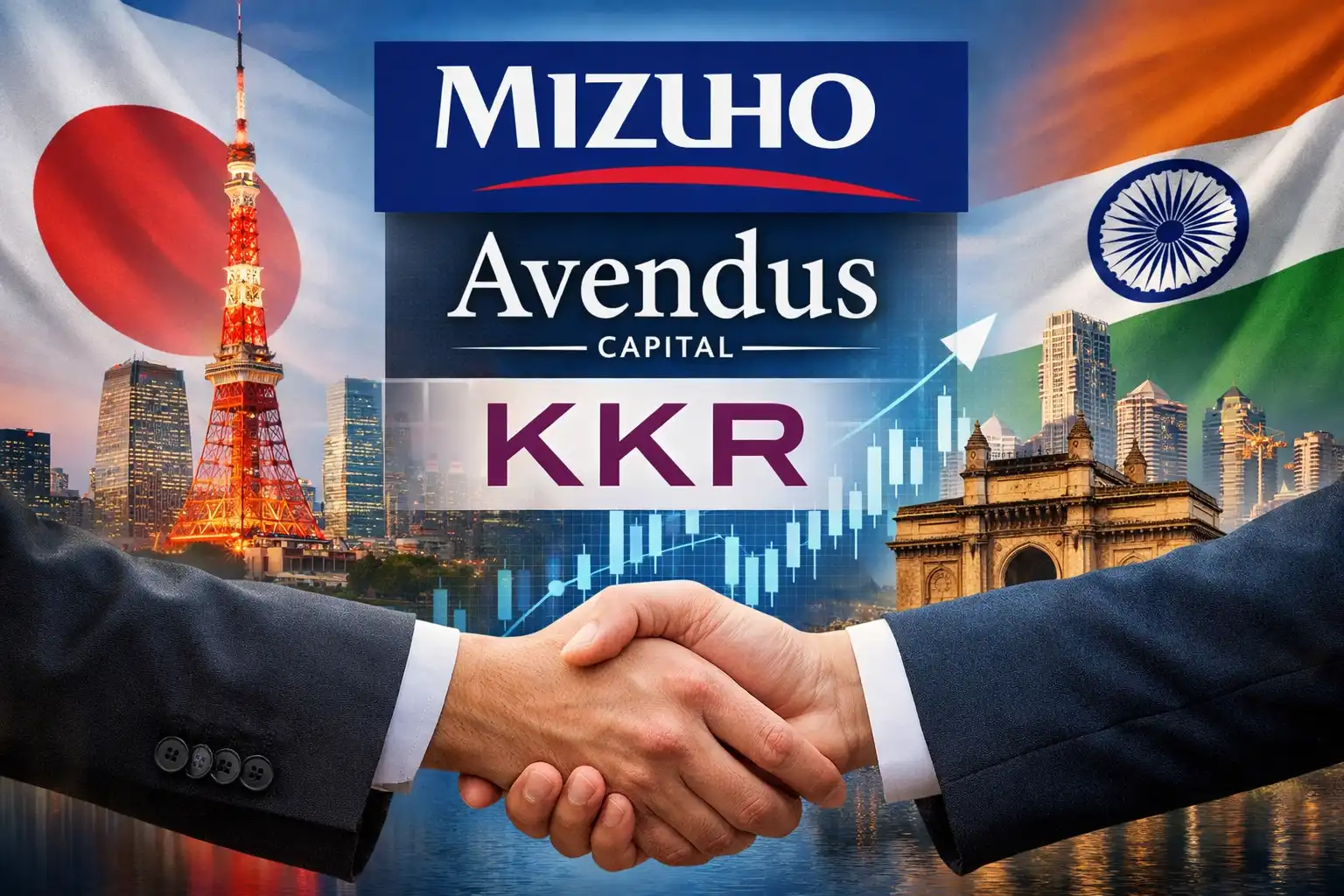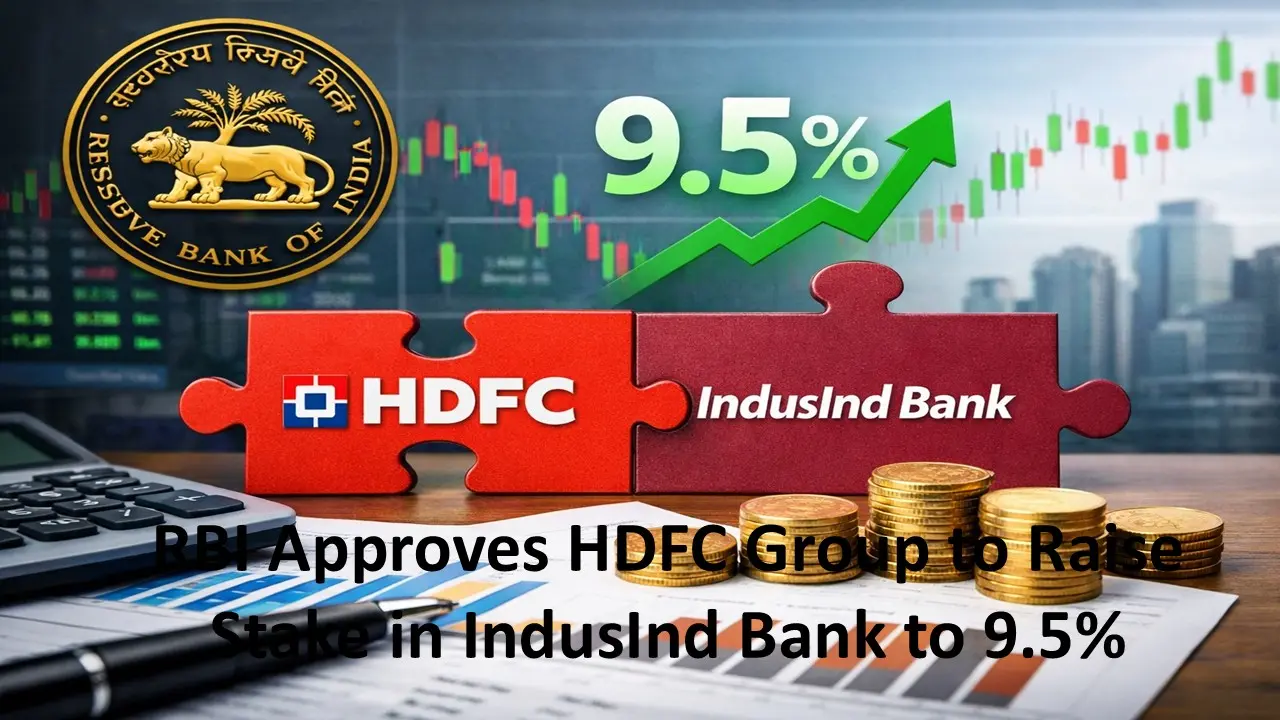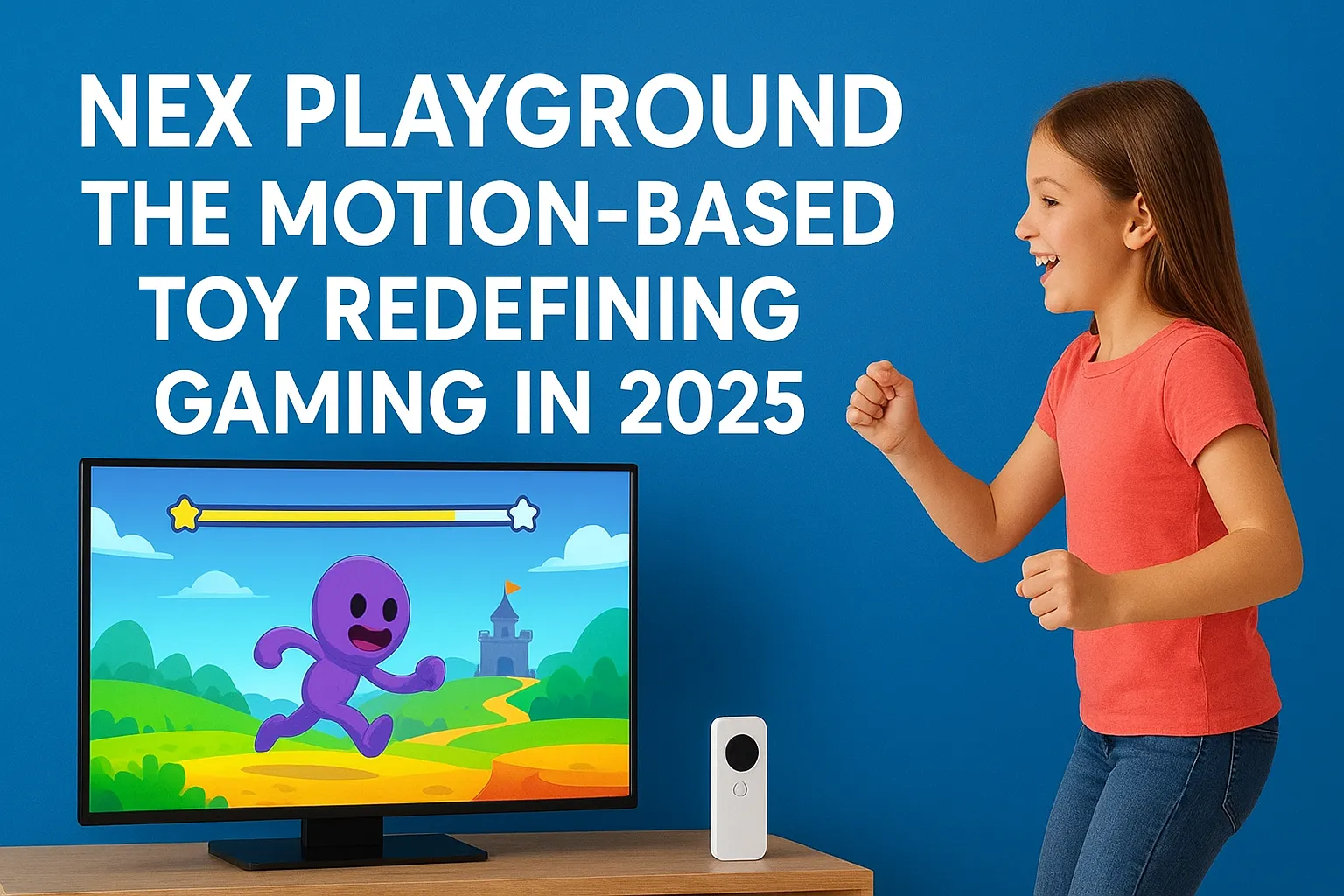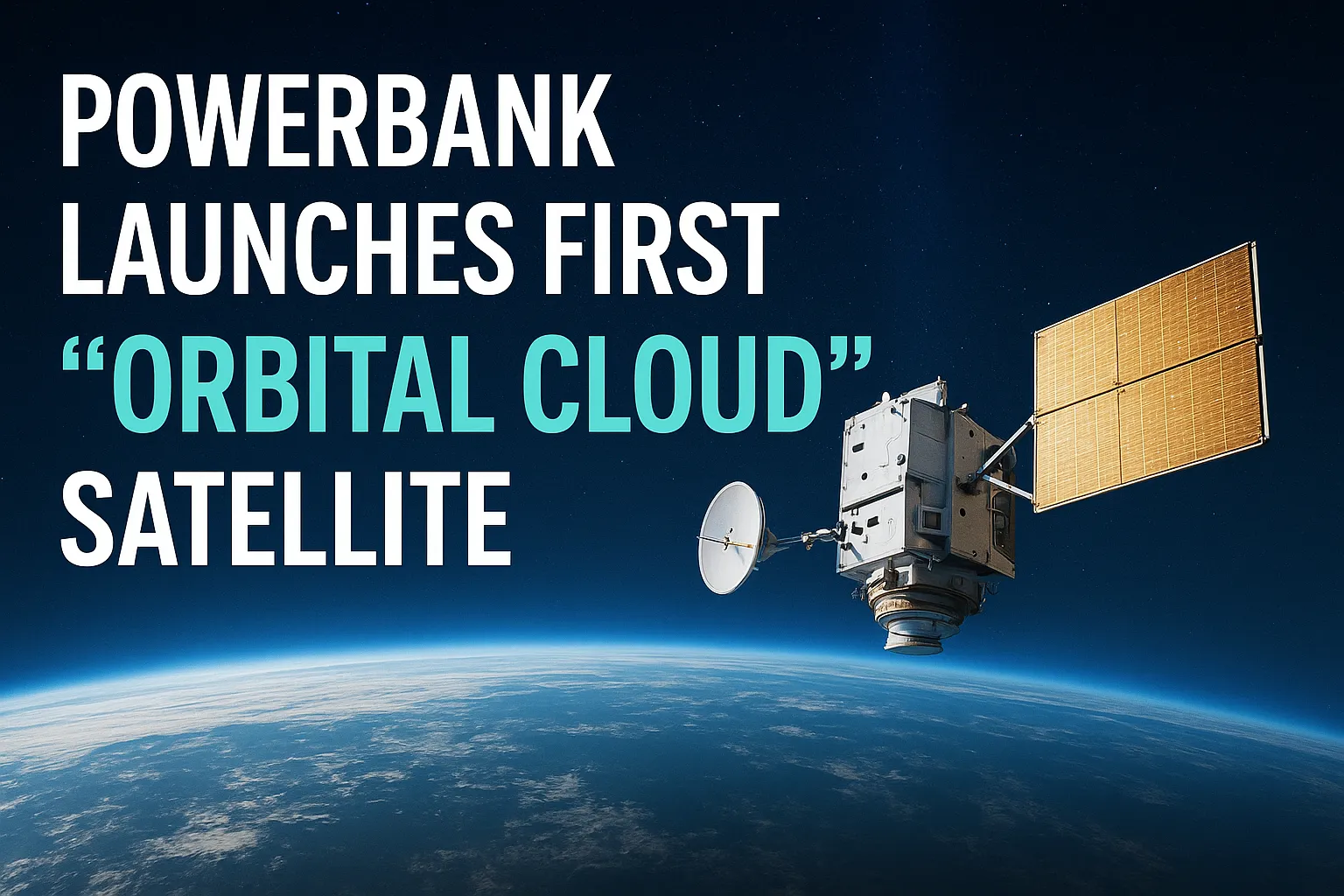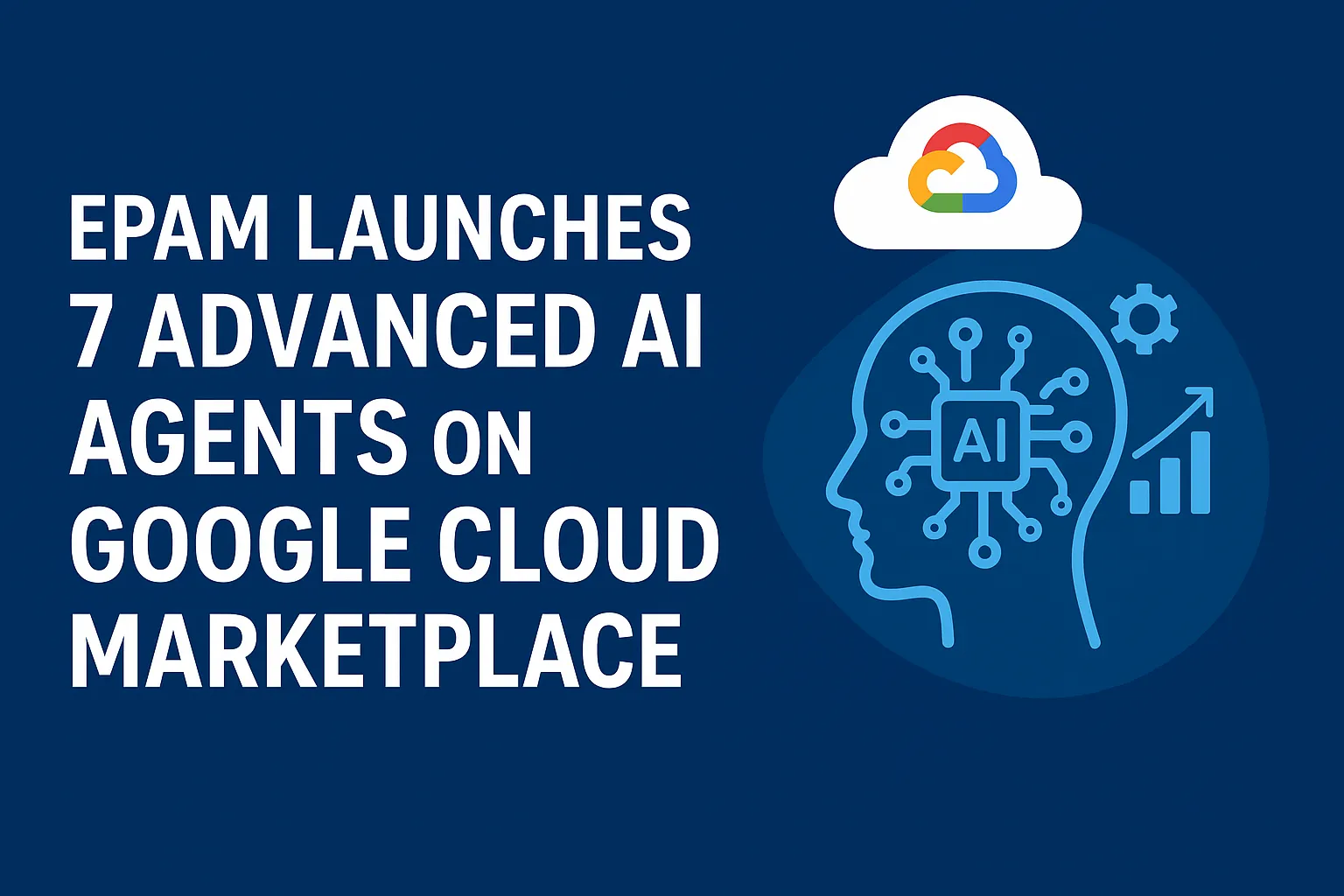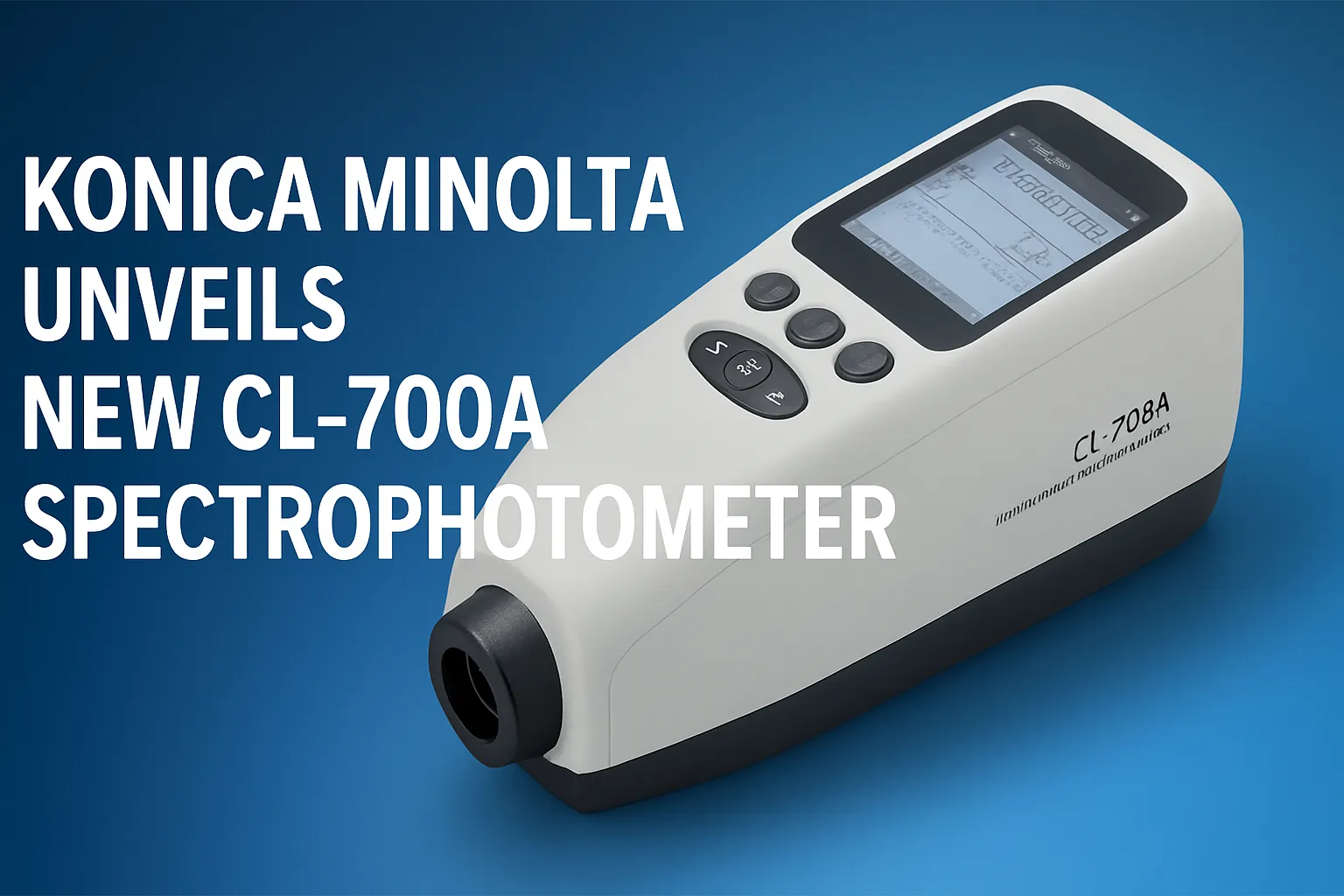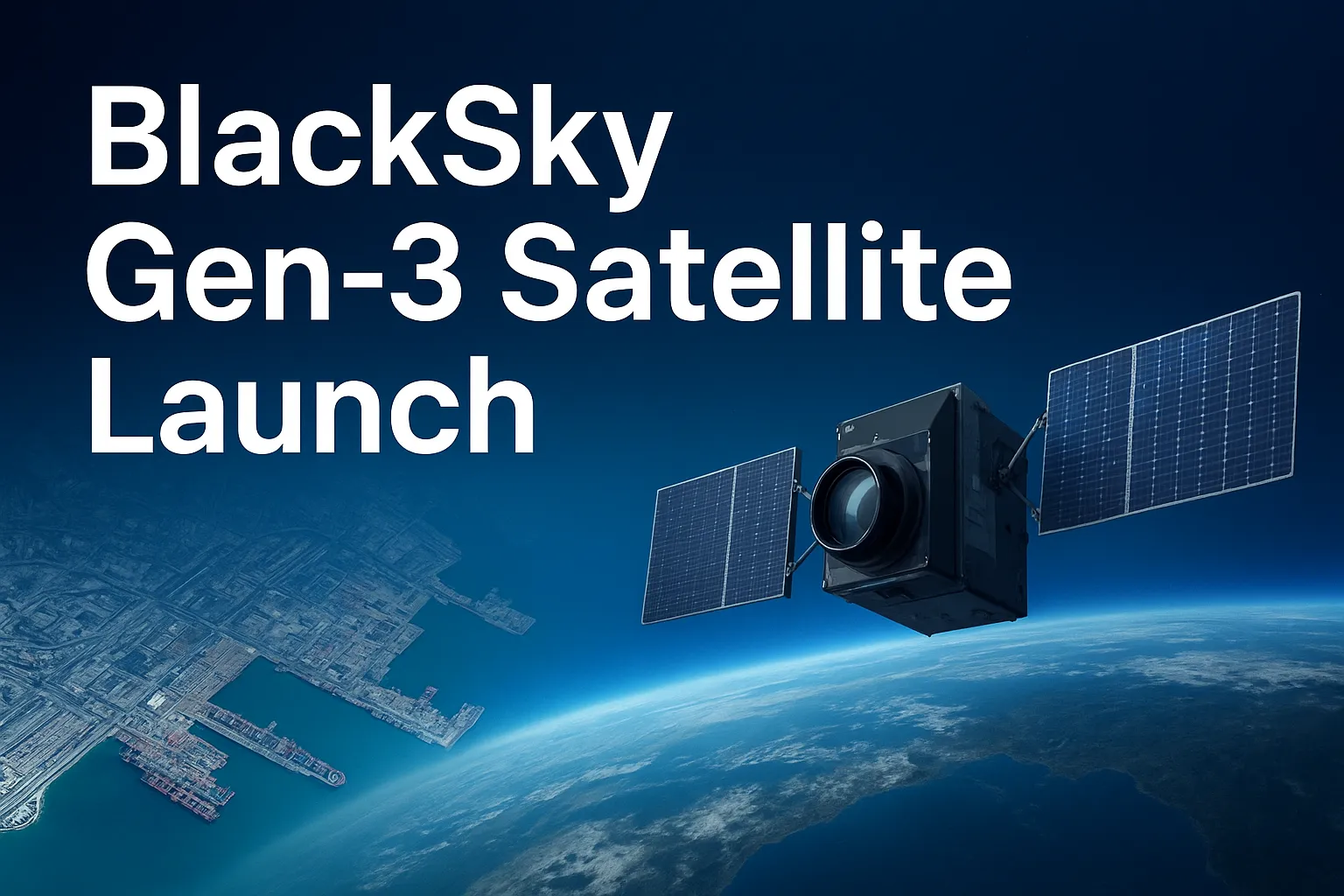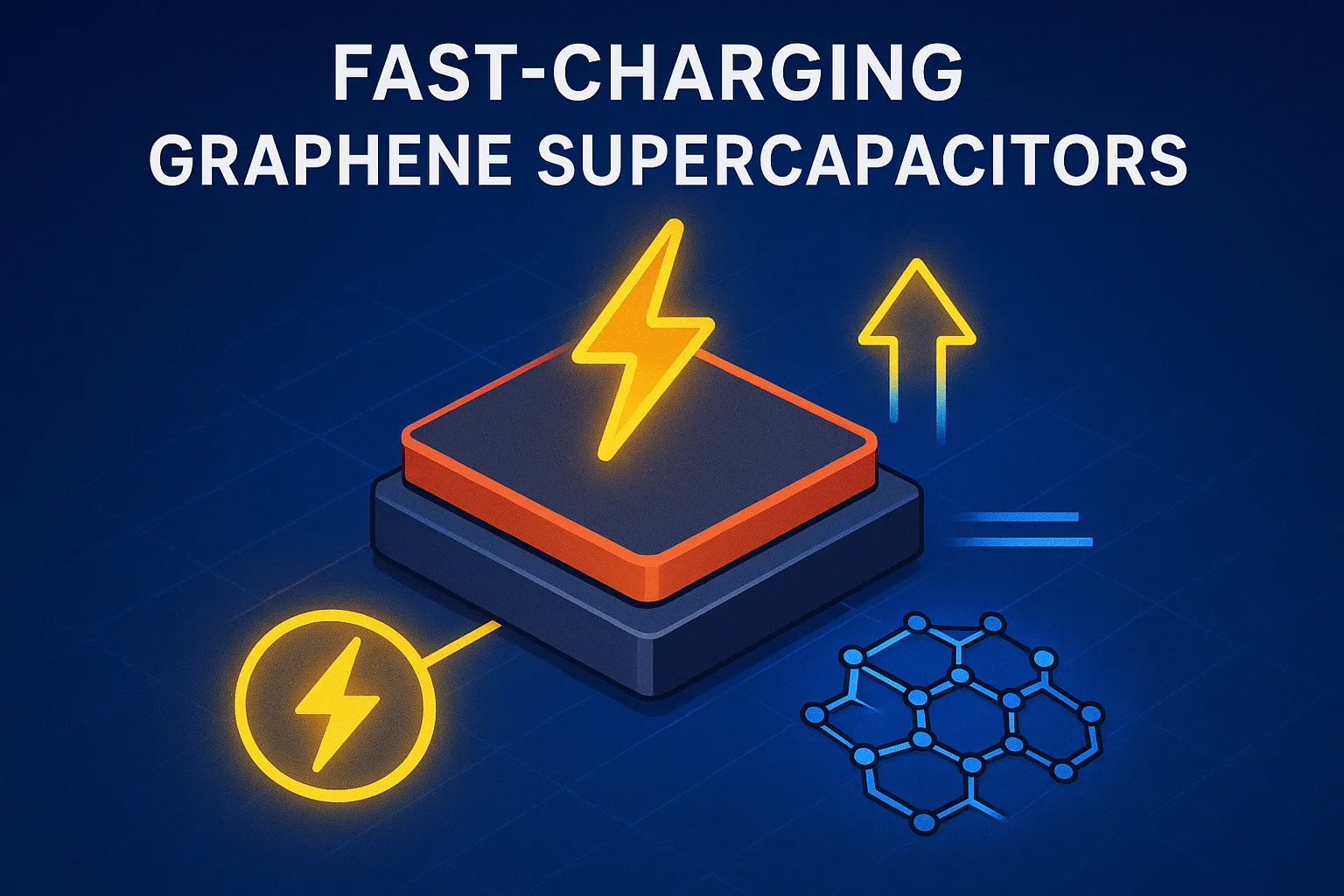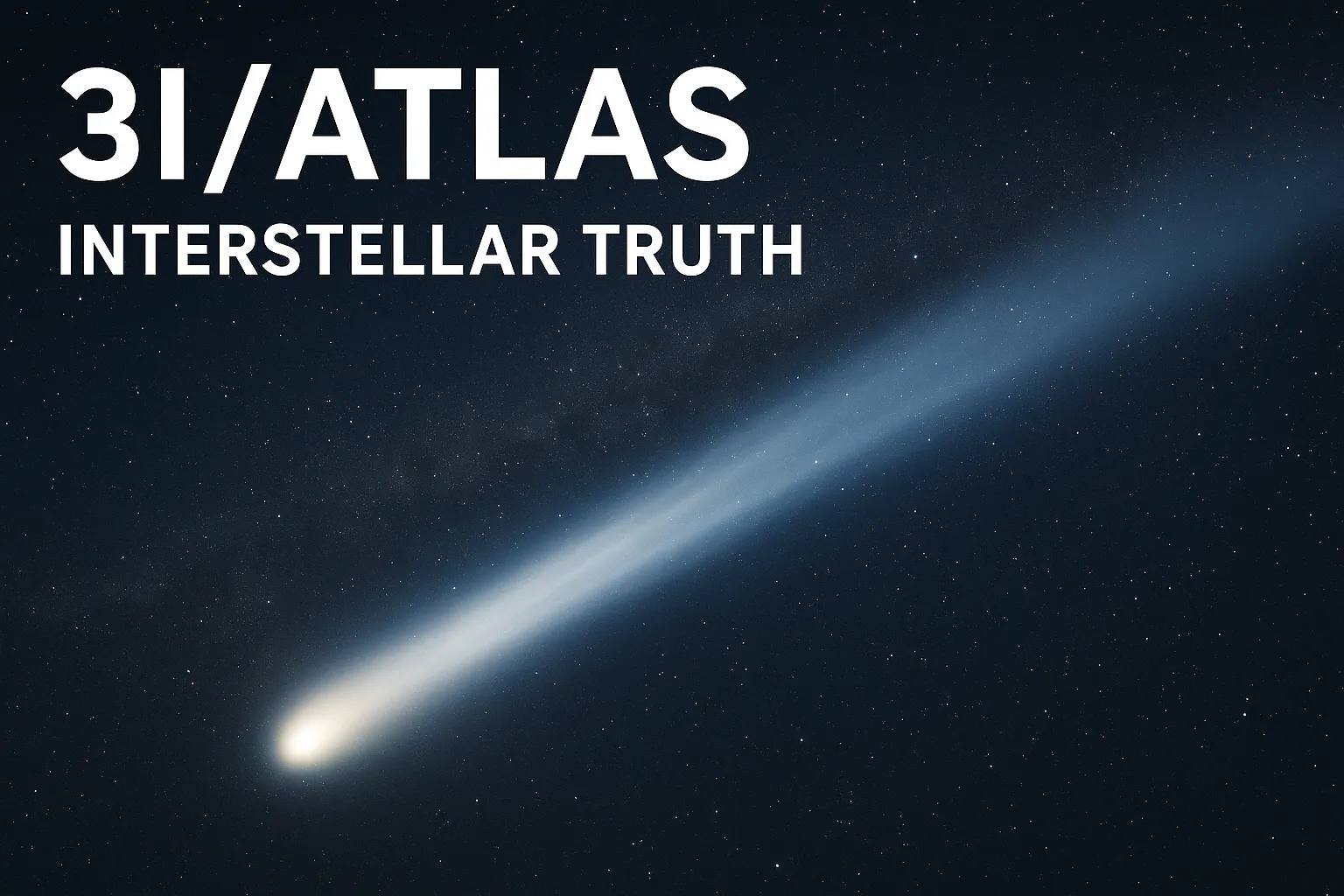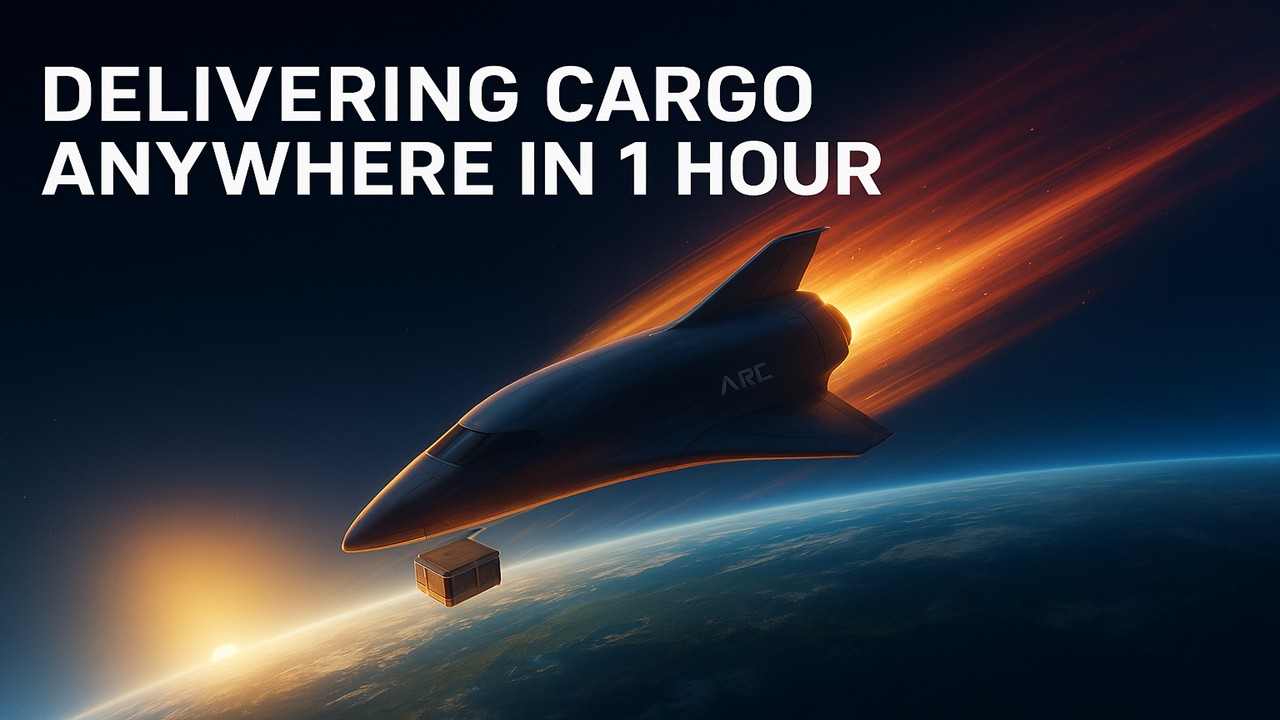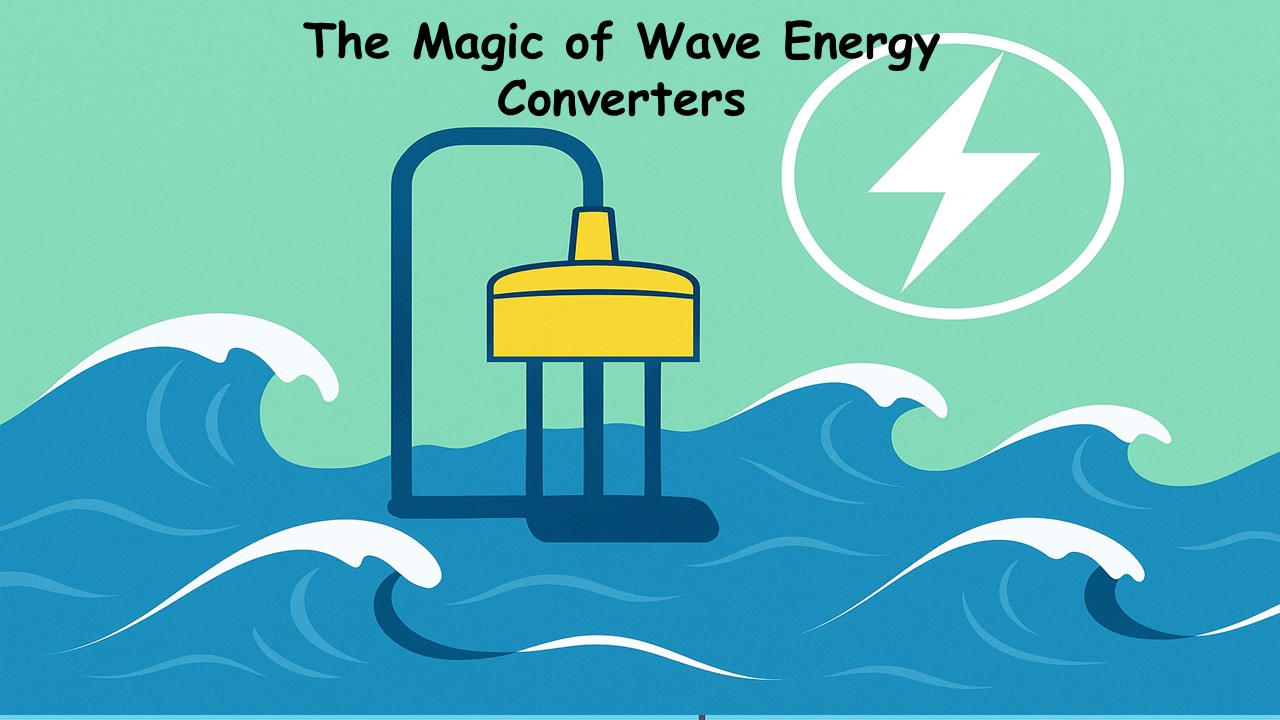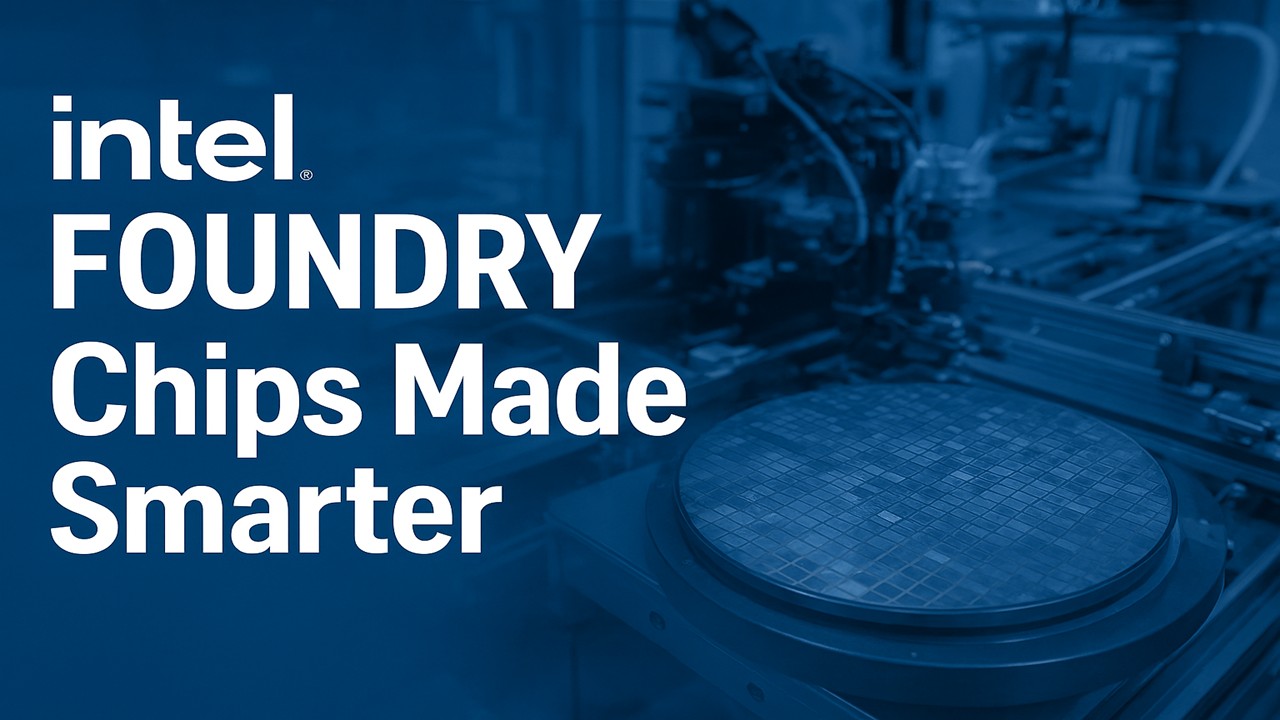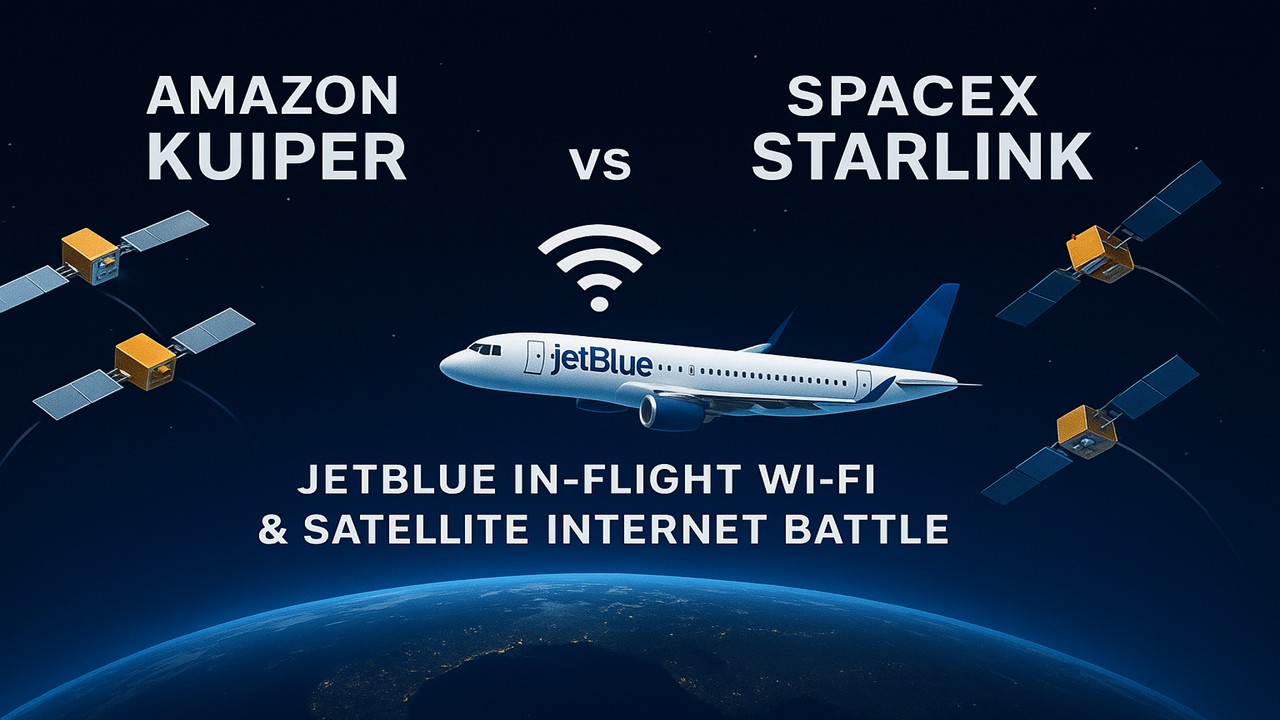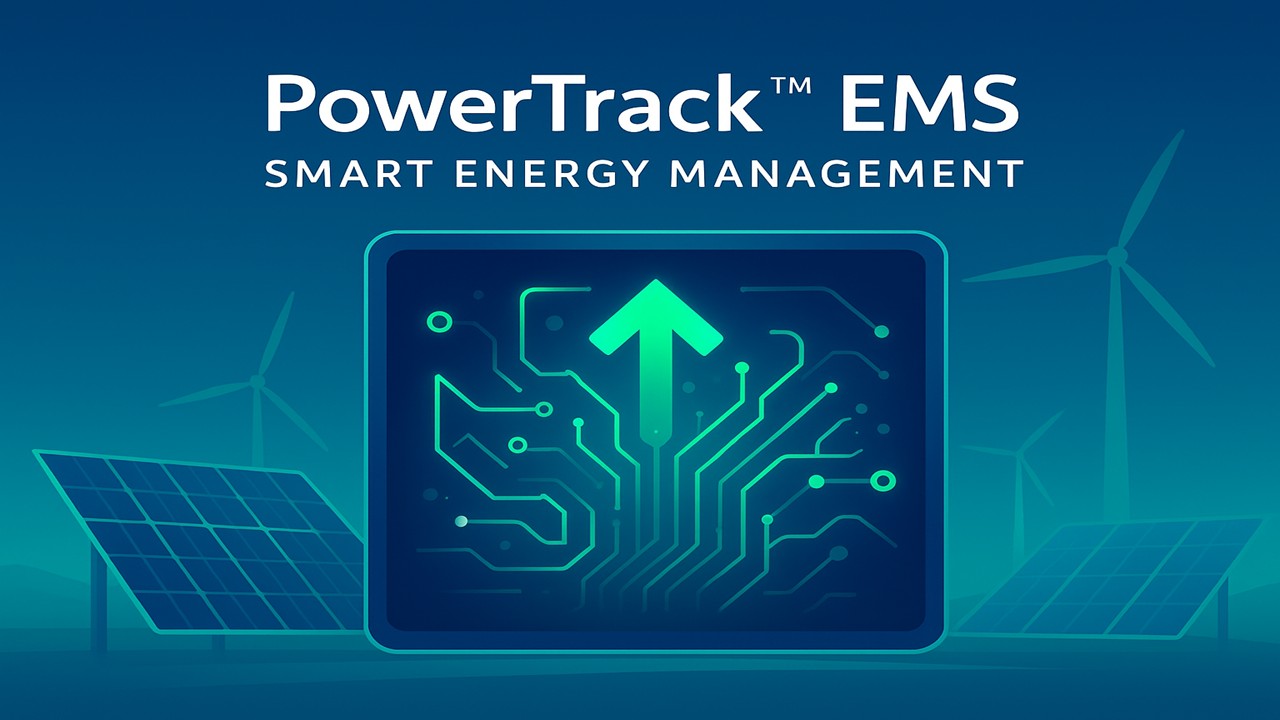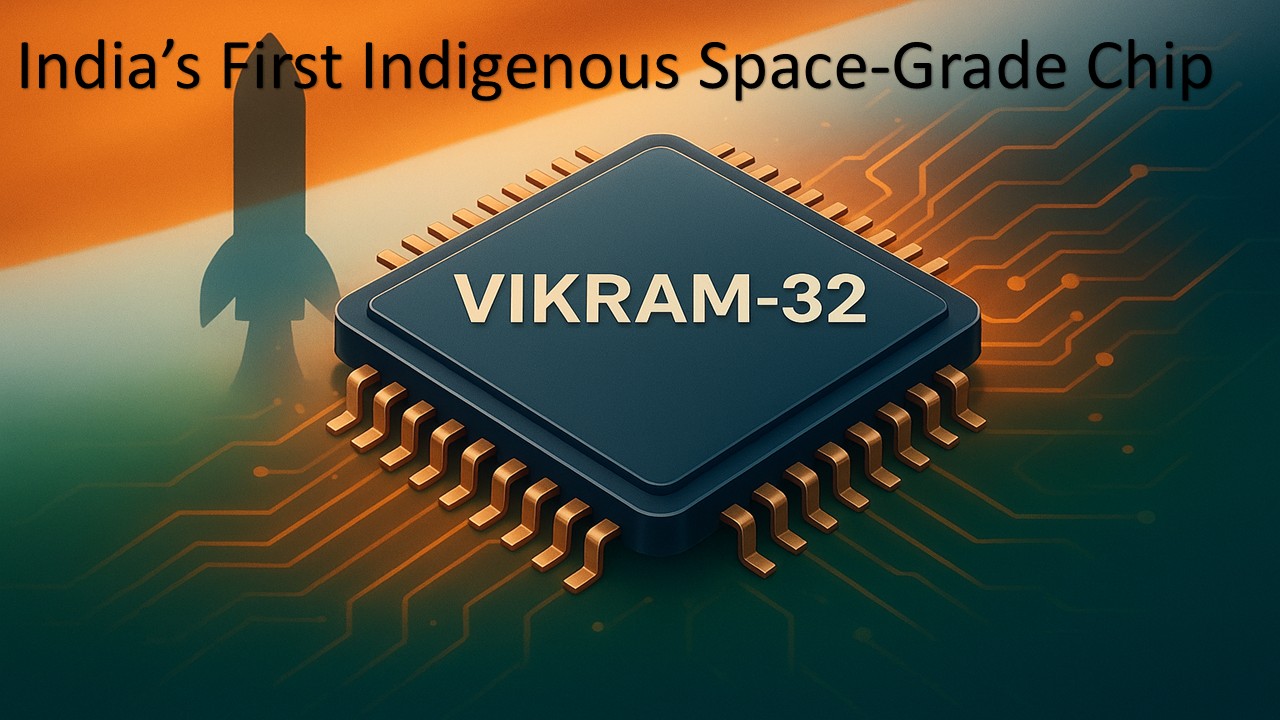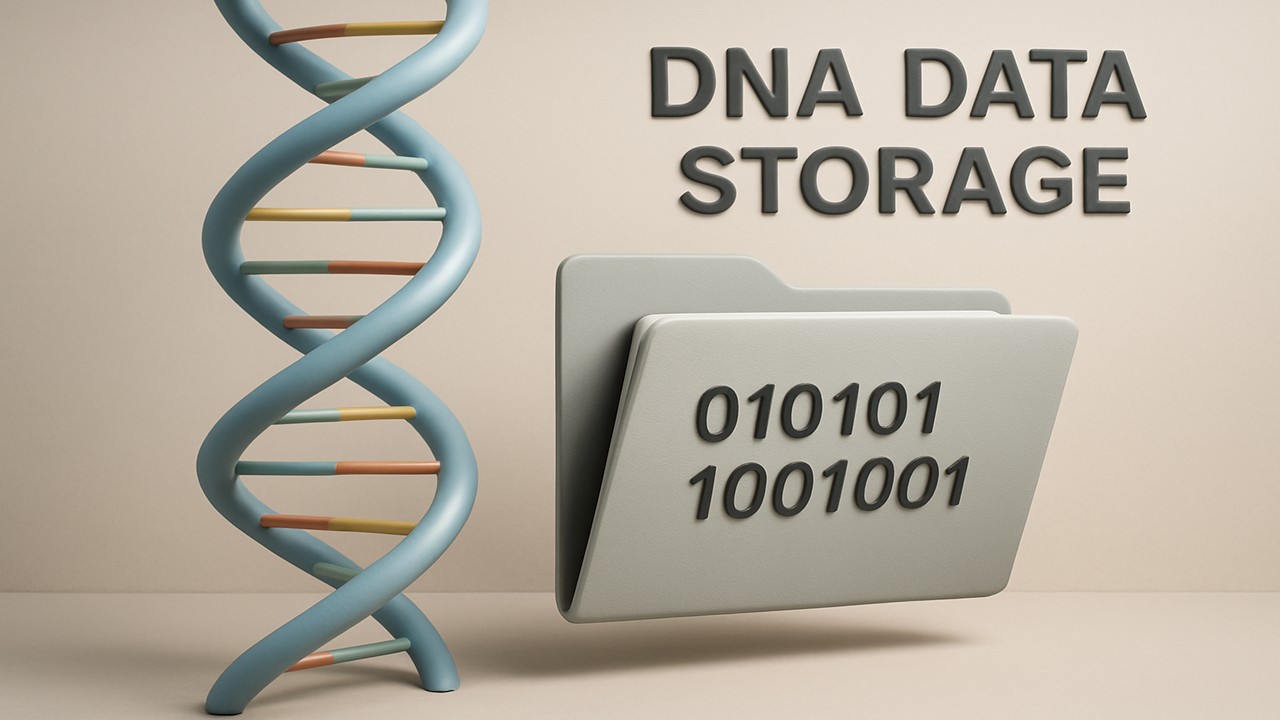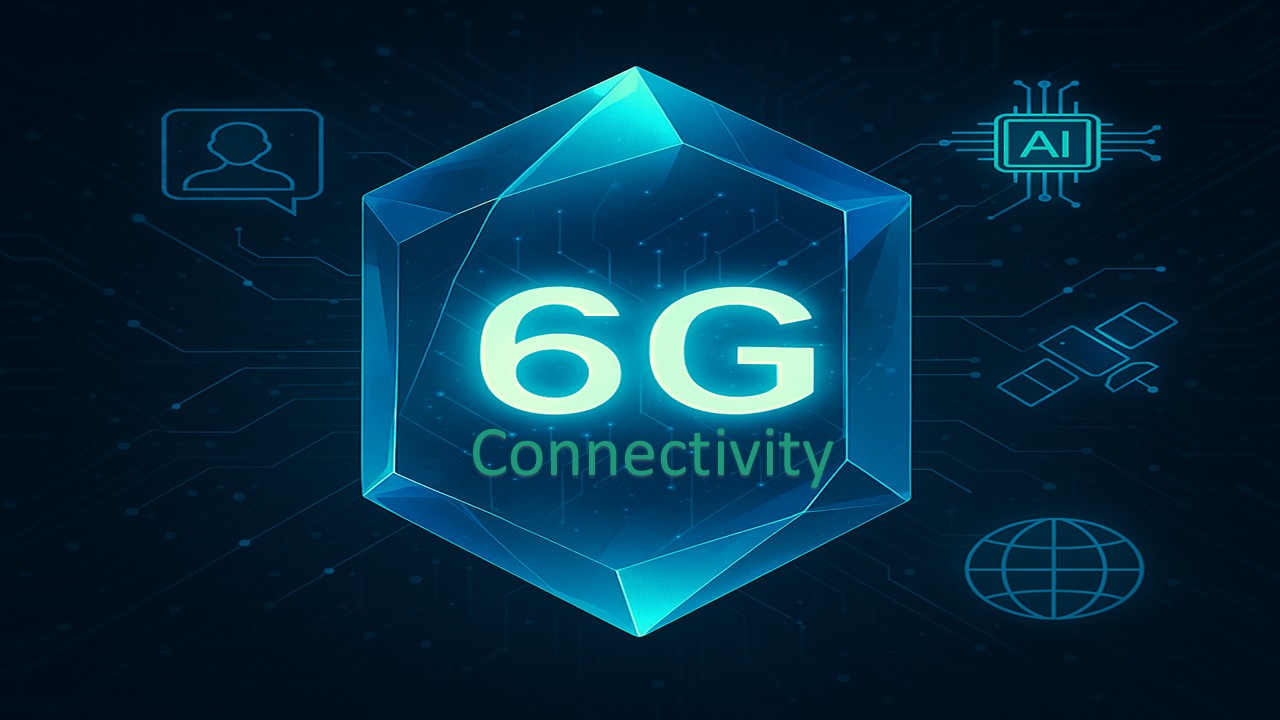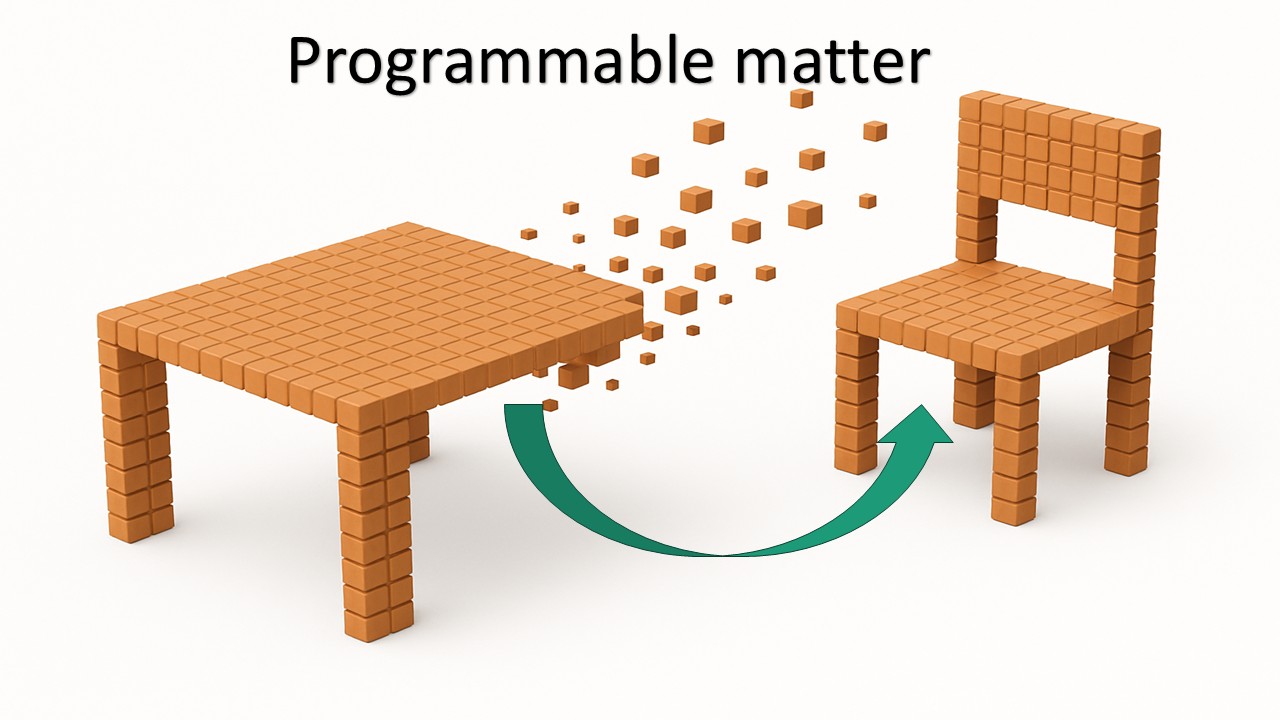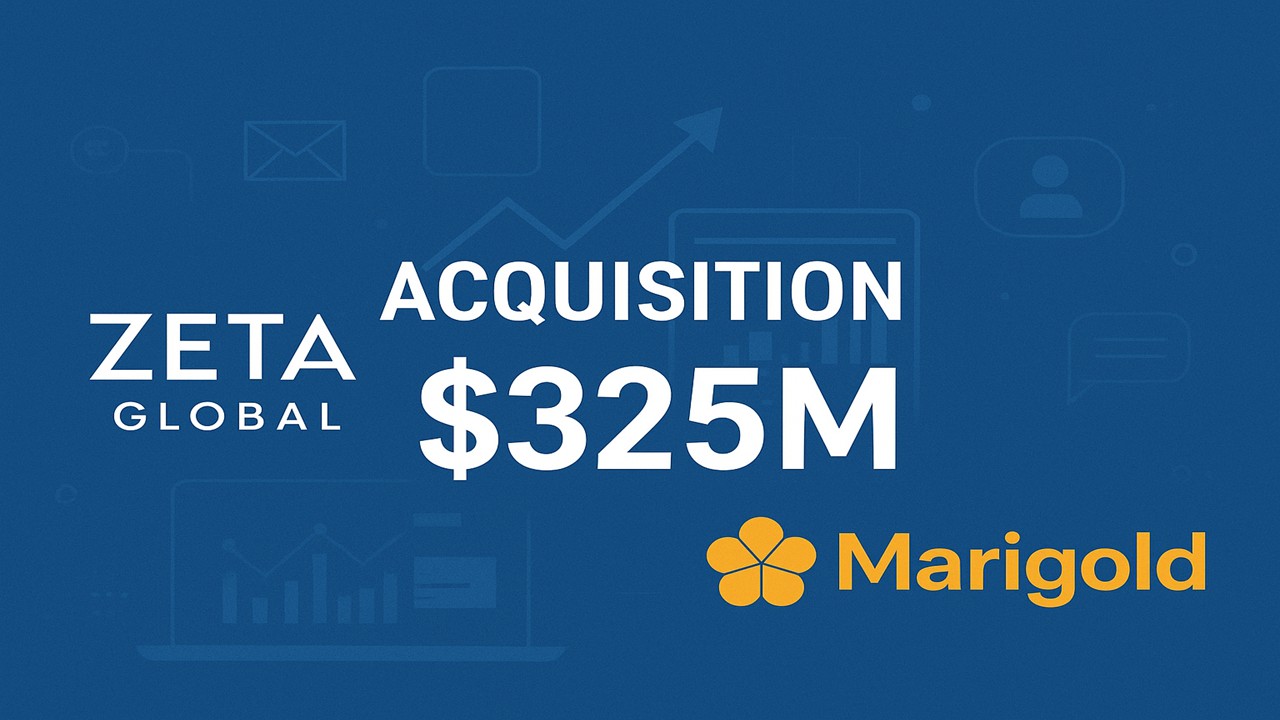
Zeta Global (NYSE: ZETA), a marketing-technology company centered on AI and data, has entered into a definitive agreement to acquire Marigold’s enterprise software business for up to $325 million. The transaction is expected to close by the end of 2025, subject to regulatory clearances and customary conditions.
Under this agreement, Zeta will pay $100 million in cash, $100 million in Class A common stock, and issue a seller note for up to $125 million—payable within three months post-closing.
Zeta also reaffirmed its 3Q 2025 and full year 2025 guidance and said this acquisition will be incremental to its long-term “Zeta 2028” targets.
Company Background
Zeta Global
Zeta Global is an AI marketing cloud platform that helps enterprises acquire, grow, and retain customers through data, identity, and omnichannel activation. Its platform integrates multiple modules (data management, messaging, activation) into a unified stack. Zeta has publicly traded status, and emphasizes metrics like subscription revenue, adjusted EBITDA, and free cash flow in its investor communications.
Marigold (formerly CM Group / Iris Holding LP in enterprise side)
Marigold operates a portfolio of marketing and engagement tools spanning SMB and enterprise segments. In this deal, only the enterprise unit—comprising Marigold Loyalty, Cheetah Digital, Selligent, Sailthru, Liveclicker, and Grow—will transition to Zeta. Marigold’s SMB tools like Campaign Monitor, Emma, and Vuture will remain with the company outside the transaction.
These enterprise tools cover loyalty program engines, cross-channel messaging, marketing automation, real-time email personalization, dynamic content in emails, and lead acquisition / data capture.
Deal Structure & Financials
Payment & Consideration
- Cash at closing: $100 million
- Stock at closing: $100 million worth of Zeta Class A common stock
- Seller note: Up to $125 million (cash or stock), due within three months of closing
- Subject to customary purchase price adjustments (e.g. working capital, net debt)
Revenue & Cost Profile
- Marigold’s enterprise business had a cost of revenue below 30% in fiscal year ended June 30, 2025.
- Over 90% of that business’s revenue is subscription-based and visible.
- Zeta expects the acquisition to be accretive to adjusted EBITDA and free cash flow in the first year.
Zeta also says that the acquired business will “increase penetration of Fortune 500 brands and subscription revenue,” advancing its strategic pillars.
Strategic Rationale
This acquisition aligns with multiple strategic goals Zeta has previously outlined.
- Expand enterprise customer base
Marigold’s enterprise business serves 100+ global enterprise brands, including more than 40 Fortune 500 companies and 20 top 100 advertisers.
This gives Zeta an expanded footprint in large accounts they can cross-sell and upsell to. - Drive “One Zeta” cross-sell and upsell opportunities
Marigold’s enterprise clients lean toward “Retain” use cases (loyalty, engagement, retention). Zeta’s strength lies in “Acquire” and “Grow” use cases (customer acquisition, expansion). By combining, they can optimize all phases of customer lifecycle engagement. - Global expansion
The deal strengthens Zeta’s presence in EMEA regions and creates an entry point into APAC markets. - Financial leverage & unit economics
Given the high subscription base and low cost structure of the acquired business, Zeta anticipates strong margins and cash generation, justifying the purchase.
Integration Plan & Timeline
- The agreement states the transaction is expected to close by end of 2025, subject to standard closing conditions.
- Post-closing, Zeta plans close collaboration with Marigold’s enterprise team to ensure continuity for existing customers.
- Integration will be essential in combining data systems, identity graphs, AI models, and marketing modules without disrupting client operations.
Market & Stock Reaction
- Business Insider reports this is Zeta’s largest acquisition to date and signals renewed M&A momentum in the martech/adtech sector.
- Zeta projects 2025 revenue of $1.2 billion, a 26% increase from 2024, and sees this acquisition as accelerating that growth.
- According to Investing, Zeta’s fundamentals—such as its healthy current ratio (3.25x) and moderate debt levels—suggest it is well-positioned to absorb this acquisition.
- After the announcement, Zeta’s stock saw a modest increase in value.
Opportunities & Risks
Opportunities
- Revenue synergies & expansion: Zeta can cross-sell to Marigold’s clients and deepen product adoption.
- Margin uplift: With subscription-based revenue and low cost structure, acquired units may boost margins.
- Stronger competitive positioning: The combination gives Zeta more tools to compete with Adobe, Salesforce, Oracle, etc.
- Geographic reach: Better access in EMEA and APAC regions via Marigold’s existing operations.
Risks
- Integration complexity: Merging platforms, data pipelines, and architectures always carries risk.
- Client churn: Some enterprise customers may resist change or delay adoption.
- Seller note payment pressure: The $125 million note due within three months could stress short-term cash flows if synergies delay.
- Regulatory and legal risk: Cross-jurisdiction approvals or antitrust scrutiny might slow closing.
- Execution risk: Failing to deliver promised cross-sell or performance benefits could hurt investor confidence.
Outcome
The acquisition of Marigold’s enterprise software business is a defining move for Zeta Global. By blending Marigold’s loyalty, messaging, and personalization assets with Zeta’s AI-driven stack and data infrastructure, the combined entity aims to deliver a more holistic marketing platform. While the financials look promising—subscription revenue, modular synergies, and margin potential—the success will hinge on execution, integration, and client retention. If done right, this deal could reshape Zeta’s trajectory in the competitive martech landscape.
Source: Zetaglobal news
